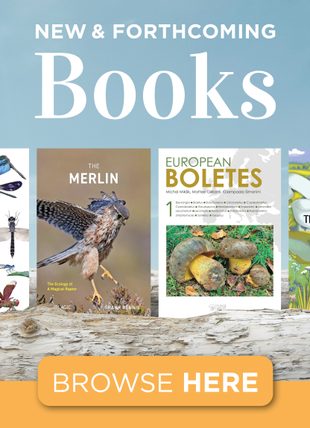Call us (08:30-16:00 UK)
01803 865913International
+44 1803 865913Need Help?
Help pagesImportant Notice for US Customers
Due to recent U.S. Customs regulatory updates, you may experience multi-day transit delays for shipments. Please ensure you select "business address" or "home address" when adding a new address to ensure your order is reported correctly.
Please note that certain goods from specific countries are subject to higher tariffs and import restrictions. Ensure you check the regulations for the country of origin of your items to avoid unexpected charges or delays. You can contact your local customs office for more information. Please note, the receiver will be liable for import duties and taxes, should the order be returned undelivered, please note the refund will be processed minus the shipping costs.
We are working hard to manage this change. This is a temporary measure, and we will provide updates as the situation evolves. If you have any questions or need help with placing your order, please contact our Customer Services Team or select "Quotation" as the payment method online.
Wildlife Survey & Monitoring
- Aquatic Survey & Monitoring
- Professional Hand & Kick Nets
- Water Testing
- Waders & Aquatic Safety
- View All
- Amphibian & Reptile Survey
- Amphibian Survey & Monitoring
- Reptile Survey & Monitoring
- Scales, Balances & Holding Bags
- View All
Field Guides & Natural History
Academic & Professional Books
- Evolutionary Biology
- Evolution
- Human Evolution & Anthropology
- Cladistics, Phylogeny & Taxonomy
- View All
British Wildlife
British Wildlife is the leading natural history magazine in the UK, providing essential reading for both enthusiast and professional naturalists and wildlife conservationists. Published eight times a year, British Wildlife bridges the gap between popular writing and scientific literature through a combination of long-form articles, regular columns and reports, book reviews and letters.
Conservation Land Management
Conservation Land Management (CLM) is a quarterly magazine that is widely regarded as essential reading for all who are involved in land management for nature conservation, across the British Isles. CLM includes long-form articles, events listings, publication reviews, new product information and updates, reports of conferences and letters.


































